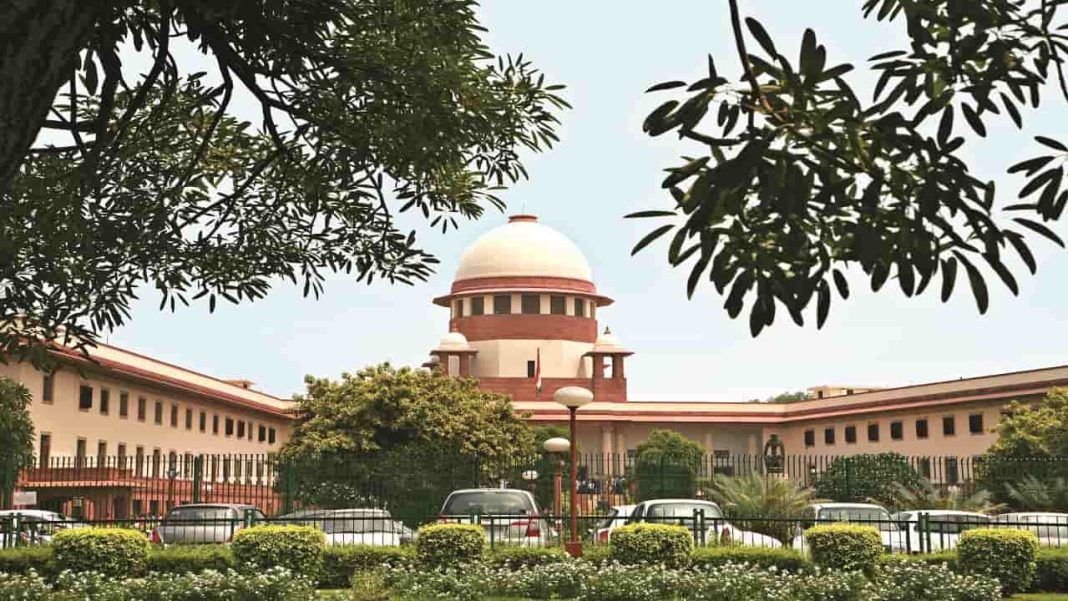For the first time in history, the Supreme Court of India on Friday appointed a sign language interpreter for deaf lawyer Sarah Sunny.
The Apex Court has never appointed an interpreter at its own expense.
Making the appointment, Chief Justice of India DY Chandrachud said the top court of the country was mulling over appointing an interpreter for the Constitution Bench hearings, so that everyone could follow.
The interpreter was seen in the virtual hearing window along with Advocate Sarah Sunny.
Senior Advocate Menaka Guruswamy, who was incidentally present in the court, called the development as truly ‘historic’ and ‘momentous’. She said it showed the diversity in true sense in this court.
The virtually-impaired lawyer had earlier filed an application before the Supreme Court Registry, requesting a court-appointed Indian Sign Language (ISL) interpreter to assist her.
The application has been filed by Advocate-on-Record Sanchita Ain, Sunny’s senior in the profession. Advocate Ain had previously arranged for the presence of an interpreter, Saurav Roychowdhury, to translate legal proceedings before the CJI’s Bench for Sunny.
Advocate Ain had earlier spoken to the media regarding the financial and logistical challenges that junior lawyers and newcomers to the legal profession often faced when attempting to secure the services of interpreters.
The lawyer explained that the interpreters frequently charged by the hour and necessitated breaks after every 30-minute session. Consequently, to ensure a deaf lawyer’s understanding of a case lasting an hour or more, two interpreters had to be employed, each billing on an hourly basis.
She said this caused a significant financial burden on any lawyer needing an interpreter. The Advocate had formally filed an application with the Supreme Court Registrar under Order V Rule 11 of the Supreme Court Rules, 2013.
The rule empowered the Registrar to exercise authority concerning applications for the appointment and approval of translators or interpreters.


